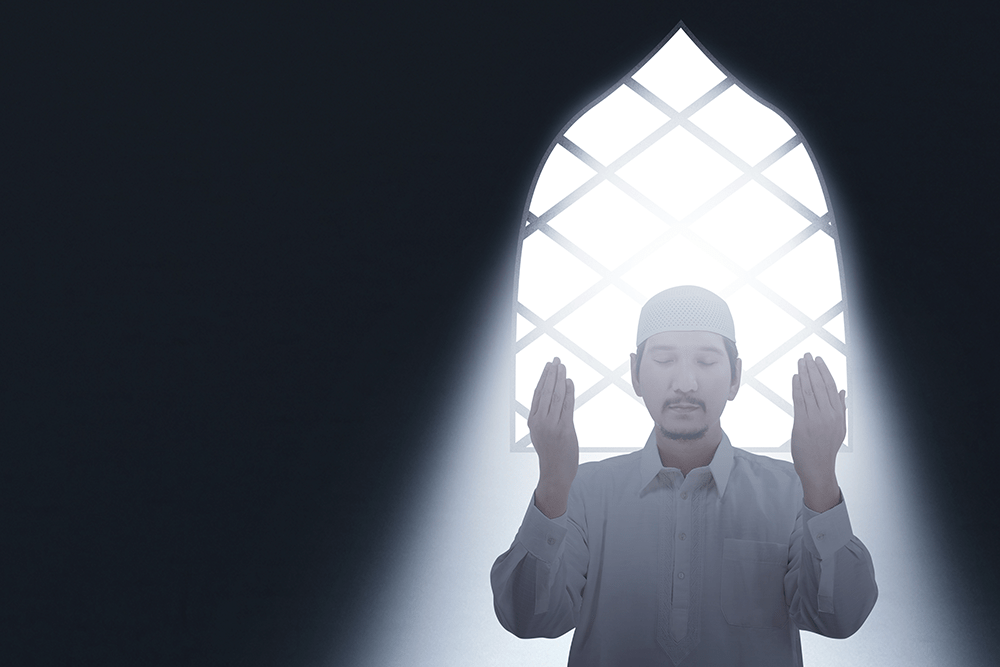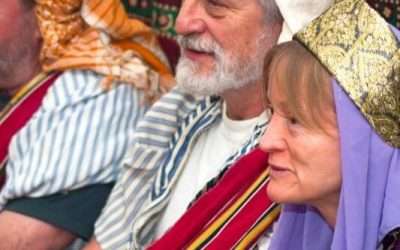What does Christmas mean to you? For me, I think of feasts with my friends and family. I think of a month when time stands still, and everyone celebrates. Christmas music, décor, and events permeate my life. I feel like God has come close to me, and I feel close to him. It’s my favorite time of year.
What about people who don’t celebrate Christmas?
For Muslims, their holiest month is Ramadan. On the Islamic lunar calendar, it is when the angel Gabriel revealed the first verses of the Qur’an to Muhammed; these revelations continued for 23 years. Unlike Christians, who see Jesus as the path to knowing God, Muslims see the Qur’an as the way to know God.
The Qur’an (2:185) directs Muslims to celebrate Ramadan. Observing Ramadan is one of the five pillars, the five fundamental practices that are required acts of worship for all Muslims. From sunrise to sunset, Muslims observe Ramadan by fasting. They practice self-control and discipline by abstaining from food, liquids, tobacco, and intimate relations. Instead, they focus on Salat (prayer) and the study of the Qur’an. Often, in addition to their five prayer times throughout the day, many will attend Tarawih: an additional nightly prayer where the entire Qur’an is read aloud over the month.
Since Muslims abstain from food and drink all day during Ramadan, the pre-dawn meal, Suhur, is significant. According to the Hadith, or written tradition, there is a blessing in the Suhur. After sunset, they often break the fast together at large communal meals called Iftar. They host Iftar meals in homes, community centers, or large gatherings at their Masjid (mosque). Imitating Muhammed, many break the fast by eating dates before the meal.
For Muslims, Ramadan is spiritually significant. Fasting is worship that brings them closer to Allah. During Ramadan, the Qur’an (3:97, 2:255) teaches that Allah is especially forgiving. Good deeds and other acts of worship during this month are believed to be exceptionally valuable, and the spiritual rewards for these things are more impactful than other times of the year. Zakat is another one of the five pillars: Muslims must give a percentage of their income to the poor each year. Because Ramadan is spiritually significant, Muslims provide a larger portion of the yearly Zakat during this time.
During the final ten days of Ramadan is Laylat al-Qadr, the Night of Power: the holiest night of the year. Muslims believe that this night is when the Angel Gabriel delivered the first verses of the Qur’an to Muhammed. Many spend the night fasting and praying. Eid al-Fitr marks the end of Ramadan when a new moon appears. In addition to the things discussed, many practices may differ between different groups of Muslims based on theological camp or geography.
It is easy to see the significance of Ramadan for our Muslim friends. It’s a time that they are seeking to grow spiritually and be closer to God. Ramadan is a great time to connect with Muslim friends. Here are a few ideas:
- Offer to pray for your Muslim friends in Jesus’s name.
- Consider fasting and praying for your Muslim neighbors on Laylat al-Qadr.
- Join a communal Iftar meal.
- Meet practical needs since fasting from food/liquids from sunrise to sunset is difficult.
- Ask how they are connecting with Allah during Ramada.
- Share stories from the Injil (The Gospels). Muslims believe the Injil was revealed during the thirteenth night of Ramadan.
- Ask if they have unique dreams during Ramadan.
God loves our Muslim neighbors. Ramadan creates an excellent opportunity to show and share the love of Jesus.
Want to learn more about Islam? Check out the Islam resources at UPGNorthAmerica.com




